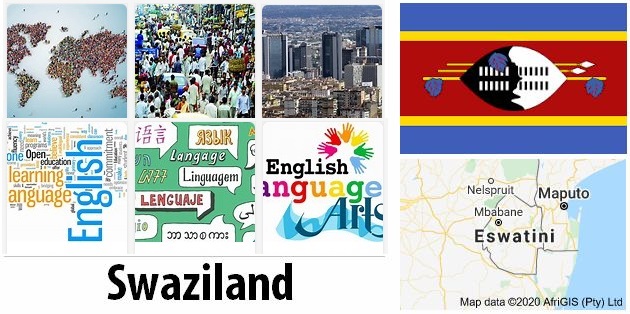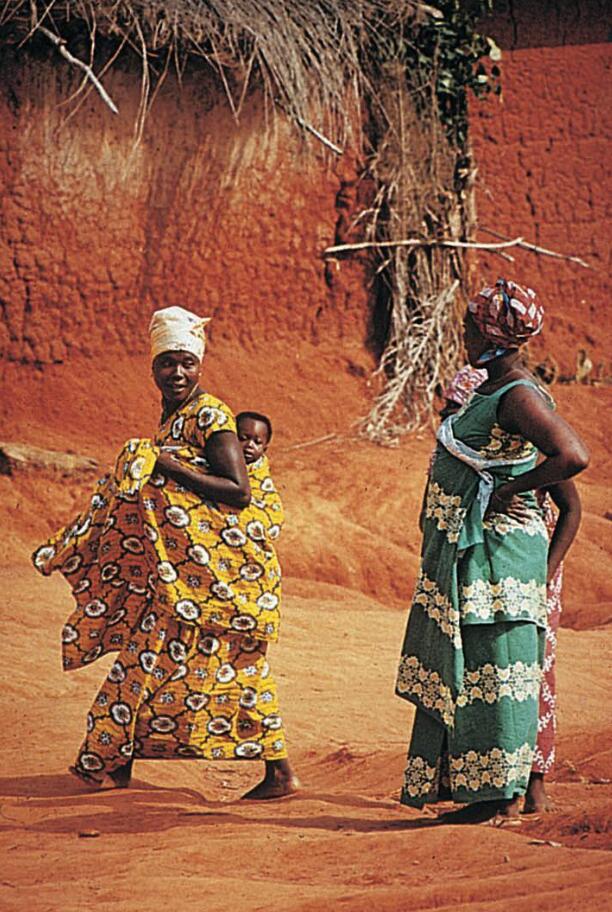Egypt History: Mubārak’s Government and the 2011 Revolution
Sadāt was succeeded by vice-president Ḥosnī Mubārak, designated by Parliament and later confirmed by popular referendum. In domestic politics, the new president continued in the direction taken by his predecessor, albeit in a climate of social unrest, partly fueled by currents of Islamic fundamentalism and accompanied by the constant worsening of the economy, while in foreign policy he tried to bring Egypt closer to the Arab countries. Re-elected in 1987, Mubārak obtained the reintegration of Egypt into the Arab League (Casablanca summit, May 1989) and at the same time improved relations with Israel (which returned the Taba area in March 1989), seeking mediation with the PLO. In this way Egypt regained its traditional diplomatic role and prestige, placing itself at the head of the moderate Arab camp, in harmony with the policy of detente implemented by the USA and the USSR. In this direction, therefore, Mubārak took his next steps: he supported Iraq in the war against Iran; supported US war action in the Gulf War (January-February 1991) with the participation of an Egyptian contingent in the multinational force; he worked on the concrete work of diplomatic mediation between Jerusalem and Damascus, which ended with the historic meeting between Arabs and Israelis at the peace conference for the Middle East (Madrid, 30 October 1991). Precisely this function of mediation and moderation within an Arab world, crossed by new phenomena of fundamentalism, created some serious difficulties for the country. In strong dissent for the international position, considered too pro-Western, and relying on a discontent generated by a negative economic situation, in the spring of 1992 groups of Islamic fundamentalists gave birth to a vast wave of violence. Elected again in 1993 head of state, Mubārak, ʽArafāt, which not coincidentally was signed in Cairo that year. In the meantime, despite the harsh repression against the fundamentalists, according to physicscat, the Egyptian government was unable to crush the phenomenon of fundamentalism, which continued to manifest itself with attacks on foreigners, intellectuals, Coptic Christians and the police. Not even the highest government officials were exempt from such terrorist virulence: Mubārak himself, a few days before his reappointment at the helm of the country (September 1999), escaped an attack in Port Said, being slightly injured. Once again, however, the legislative elections of November 2000 confirmed support for the policy pursued by Mubārak, assigning the majority of seats to the president’s National Democratic Party (PND). When the US president G. Bush, after the attacks of 11 September 2001 in the United States, began a harsh repressive campaign against Islamic terrorism, Mubarak’s government distanced itself from internal public opinion, largely opposed to military intervention in Afghanistan, and declared himself in favor of the war on Islamic terrorists, allowing the international armed forces to transit through the Suez Canal and confirming Egypt’s position as a moderate Arab country. Working diplomatically in this light in 2004, the government was able to restore diplomatic relations with Iran, which had been interrupted since 1980, and to activate a series of agreements with Sudan for the passage between the two states of people and goods. Meanwhile, the never subsided phenomenon of fundamentalism in July of the following year manifested itself in Sharm el Sheikh which was hit by a violent terrorist attack in which about 90 people died. President Mubārak and his party were reconfirmed in both the presidential and legislative elections, both held in 2005: however, the turnout and the opposition denounced fraud and pressure on the electorate. In these consultations the organization of the Muslim Brotherhood won 20% of the seats, placing itself as the main political force of the opposition. In March 2007 a referendum was held to change the Constitution in a repressive sense which, despite a very low participation in the vote, was considered valid. In November 2010 the elections were held in a climate of tension and allegations of fraud. President Mubārak’s party won 420 out of 508 seats, while the main opposition force, the Muslim Brotherhood, decided not to participate in the second round. The beginning of 2011 was marked by a serious terrorist attack against the community In these consultations the organization of the Muslim Brotherhood won 20% of the seats, placing itself as the main political force of the opposition. In March 2007 a referendum was held to change the Constitution in a repressive sense which, despite a very low participation in the vote, was considered valid. In November 2010 the elections were held in a climate of tension and allegations of fraud. President Mubārak’s party won 420 out of 508 seats, while the main opposition force, the Muslim Brotherhood, decided not to participate in the second round. The beginning of 2011 was marked by a serious terrorist attack against the community Coptic in Alexandria; a car bomb exploded outside a church causing deaths and injuries. Also in January, the government was put in difficulty by a series of popular demonstrations calling for the end of the Mubārak regime. Following a growing political and institutional crisis, and more and more popular demonstrations, with violent clashes between government and anti-government, the major opposition parties entrusted M. el-Baradei and other personalities of civil society with leadership in the negotiations with the government. President Mubārak, overwhelmed by popular discontent (Arab Spring), resigned on 11 February, leaving power to Mohamed Hussein Tantawi, head of the military council. In the following days, the army dissolved parliament and suspended the Constitution, instructing a commission of jurists to issue a new constitutional text to be submitted to a referendum. In March Essam Sharaf was appointed prime minister, with the task of forming a provisional government, pending new elections; some constitutional changes, concerning in particular the duration and the election of the President were approved with 77% of the votes through a referendum supported by the religious movement of the Muslim Brotherhood and by the party of the former president, but challenged by groups of young protesters and the main presidential candidates in pectore (Mohamed el-Baradei and Amr Mussa). In the meantime, the protests continued due to the slowness with which promised reforms and trials were introduced against members of the regime, including former president Mubārak. In November the street protests began again, with clashes, injuries and deaths among the demonstrators who forced the military junta to appoint Kamal Ganzouri as new premier, pending the elections. Following the complex electoral consultations that began in November, the new People’s Assembly met in January 2012, won by the Justice and Freedom party (FJP), the political arm of the Muslim Brotherhood, which obtained 235 seats out of 498; the Salafites obtained 124 seats, while the Liberals obtained 38; the result was poor due to the blockade of left-wing parties, which reached 49 seats. The subsequent presidential elections (May 23-24) saw the victory of Mohamed Morsi, candidate of the Muslim Brotherhood, who slightly defeated the secular candidate Ahmed Shafik. In June, former president Mubārak was sentenced to life in prison. In July 2013, President Morsi was dismissed by a coup d’état, after days of protests and street demonstrations. In the presidential elections of 2014, General Abdel Fattah el-Sisi won with 96.91% of the votes. In August 2015, political elections were held for the renewal of Parliament which, following the harsh repression of the Muslim Brotherhood movement, the main opposition force, saw the overwhelming victory of a coalition loyal to el-Sisi. From 2016, the president’s repressive policy began to affect journalists, dissidents and anyone who expressed opposition to the regime. This resulted in an escalation of disappearances, arbitrary arrests and the use of torture. In this context, the killing, never clarified by the Egyptian authorities, of the Italian researcher Giulio Regeni took place between January and February 2016. In March 2018 el-Sisi was re-elected with more than 97% of the votes. In April 2019, an amendment to the Constitution established the possibility for el-Sisi to run for a new presidential term.



